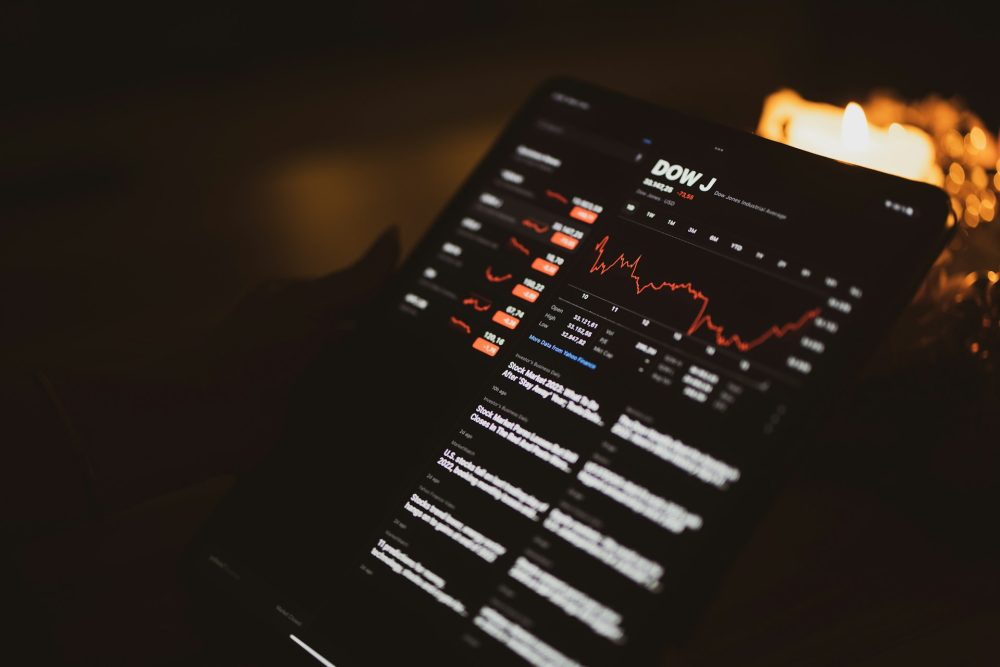Crowdfunding
Real Estate Crowdfunding Yield Above 9% in 2021, in France
Fundimmo and Hellocrowdfunding have created a crowdfunding barometer for the first half of 2021. The result speaks for itself: an average annual rate of return of 9.2%. This is a stable rate compared to 2020: 9.4% over the same period. Real estate developers are therefore able to distribute an annual return of more than 9%. The high return on investment in crowdfunding is explained in particular by the strong leverage effect.

According to the real estate crowdfunding barometer carried out by Hellocrowdfunding and Fundimmo, the average annual return on crowdfunding will be above 9% in the first half of 2021. That is almost the same result as in 2020 for the same period.
Real estate crowdfunding, commonly called participatory financing, has many advantages. It simply consists in going to a digital platform to carry out real estate transactions. It brings together real estate developers, project owners, and individual investors. Funds are collected in order to finance a particular real estate project.
Individual investors place their capital on a real estate crowdfunding platform. In exchange, they receive financial securities such as shares or bonds. The funds collected are mobilized throughout the operation. This process can last between 12 and 24 months. The investors are then reimbursed and receive varying amounts of interest. They are calculated on the rate of return communicated by the promoter at the beginning of the operation.
Good to know: real estate crowdfunding was introduced in France in 2014. Accessible to all, participatory investment platforms are now multiplying. Read more on the subject and find other business news from around the world with the Born2Invest mobile app.
A return of over 9% in 2021: how can that be explained?
Fundimmo and Hellocrowdfunding have created a crowdfunding barometer for the first half of 2021. The result speaks for itself: an average annual rate of return of 9.2%. This is a stable rate compared to 2020: 9.4% over the same period.
Real estate developers are therefore able to distribute an annual return of more than 9%. In general, their strategy is to multiply projects in order to reduce their overall risk while increasing their profits.
Real estate transactions on a real estate crowdfunding platform are not 100% financed by the developers. In most cases, a bank loan is required. Lending organizations that accept this type of financing require a contribution of 10% to 30% of the cost price. Otherwise, developers will have to dip into their cash flow.
Precautions to take before embarking on real estate crowdfunding
The high return on investment in crowdfunding is explained in particular by the strong leverage effect. As you already know, developers have to collaborate with credit institutions to carry out their real estate operations. Note that 408.1 million euros were raised on crowdfunding platforms in the first half of 2021. This is a strong increase of +122% compared to 2020 over the same period. 468 projects have been financed thanks to this revolutionary investment method.
Despite the return of more than 9%, crowdfunding has some flaws. The interests are only received after several years. They are not guaranteed by the promoters. The savers opting for participative financing are thus exposed to a risk of loss of capital. Hence the need to take into consideration the rates of late repayment as well as the default rate before investing on a dedicated platform.
The barometer for the first half of 2021 shows a sharp increase in delays of less than 6 months since the beginning of the crisis. They rose from 4.4% in 2020 to 7.1% in 2021. The default rate, on the other hand, is at a low level.
__
(Featured image by ericniequist via Pixabay)
DISCLAIMER: This article was written by a third party contributor and does not reflect the opinion of Born2Invest, its management, staff or its associates. Please review our disclaimer for more information.
This article may include forward-looking statements. These forward-looking statements generally are identified by the words “believe,” “project,” “estimate,” “become,” “plan,” “will,” and similar expressions. These forward-looking statements involve known and unknown risks as well as uncertainties, including those discussed in the following cautionary statements and elsewhere in this article and on this site. Although the Company may believe that its expectations are based on reasonable assumptions, the actual results that the Company may achieve may differ materially from any forward-looking statements, which reflect the opinions of the management of the Company only as of the date hereof. Additionally, please make sure to read these important disclosures.
First published in ENQUETE-DEBAT, a third-party contributor translated and adapted the article from the original. In case of discrepancy, the original will prevail.
Although we made reasonable efforts to provide accurate translations, some parts may be incorrect. Born2Invest assumes no responsibility for errors, omissions or ambiguities in the translations provided on this website. Any person or entity relying on translated content does so at their own risk. Born2Invest is not responsible for losses caused by such reliance on the accuracy or reliability of translated information. If you wish to report an error or inaccuracy in the translation, we encourage you to contact us.

-

 Markets2 weeks ago
Markets2 weeks agoThe Big Beautiful Bill: Market Highs Mask Debt and Divergence
-

 Africa2 days ago
Africa2 days agoORA Technologies Secures $7.5M from Local Investors, Boosting Morocco’s Tech Independence
-

 Markets1 week ago
Markets1 week agoA Chaotic, But Good Stock Market Halfway Through 2025
-

 Business5 days ago
Business5 days agoThe Dow Jones Teeters Near All-Time High as Market Risks Mount

























